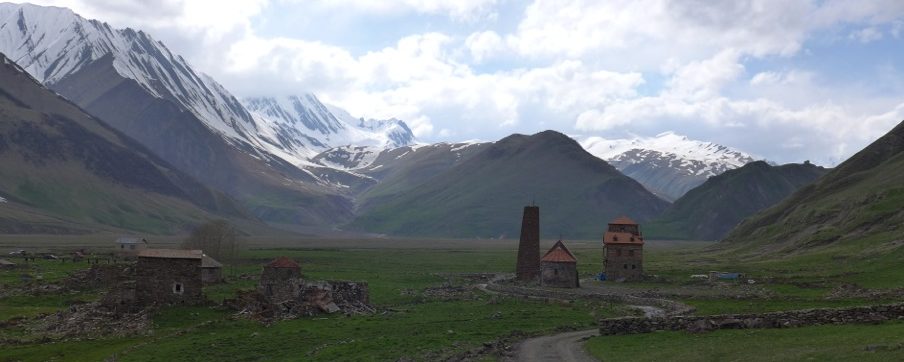An Introduction
The concept of leisure should once again be part of our collective dialogue. For many of us, it may already be so. The past year provided an unprecedented amount of time – time at home, time alone, time with family, or time in quarantine. Most of us, it could be argued, were not prepared for this sudden wave of time. After years of waste and neglect, many of us are once again examining how to best use this precious and fleeting resource.

We are also in the midst of the “grey tsunami”, or the ongoing retirement of the “Baby Boomer” generation, which began in 2008 and will continue through 2031. During this time, those born after World War Two between 1946 and 1964 are reaching the age of 65, a point at which many decide to cede the one thing which has come to define us as Americans for decades – work – to experiment with a concept which defined many other cultures for centuries – leisure.
Lastly, and arguably most importantly, we have a collective duty to ensure our future generations learn the value of active, freely chosen pursuits rather than falling prey to the addictive, sedentary traps developed since the dawn of the Information Age. We now have almost fifteen years of data on the generation – “Generation Z” – whose adolescence coincided with the release of the first smartphone. The results are troubling.

It has been said before and will be certainly said again: we can learn far more about the conditions and values of a society by examining how it chooses to pursue its leisure than by examining how it goes about its work. Yet as hard-working Americans, we’ve come to view leisure (and retirement) not as the natural, active exercise of our most prized possession – freedom – but as a lazy, inactive tedium, an endless state of inertia and privation.
Everyone finds free time, yet most of us never find true leisure. By studying those who have, these essays intend to show us how.

Chapdaddy scores again!
Thanks for introducing this seldom considered idea – that what the individual does with “free time” determines the fate of the society.
It’s so right on and dovetails perfectly with what good religious leaders have shared for centuries -that the journey of the soul is the journey of society.
A++++++